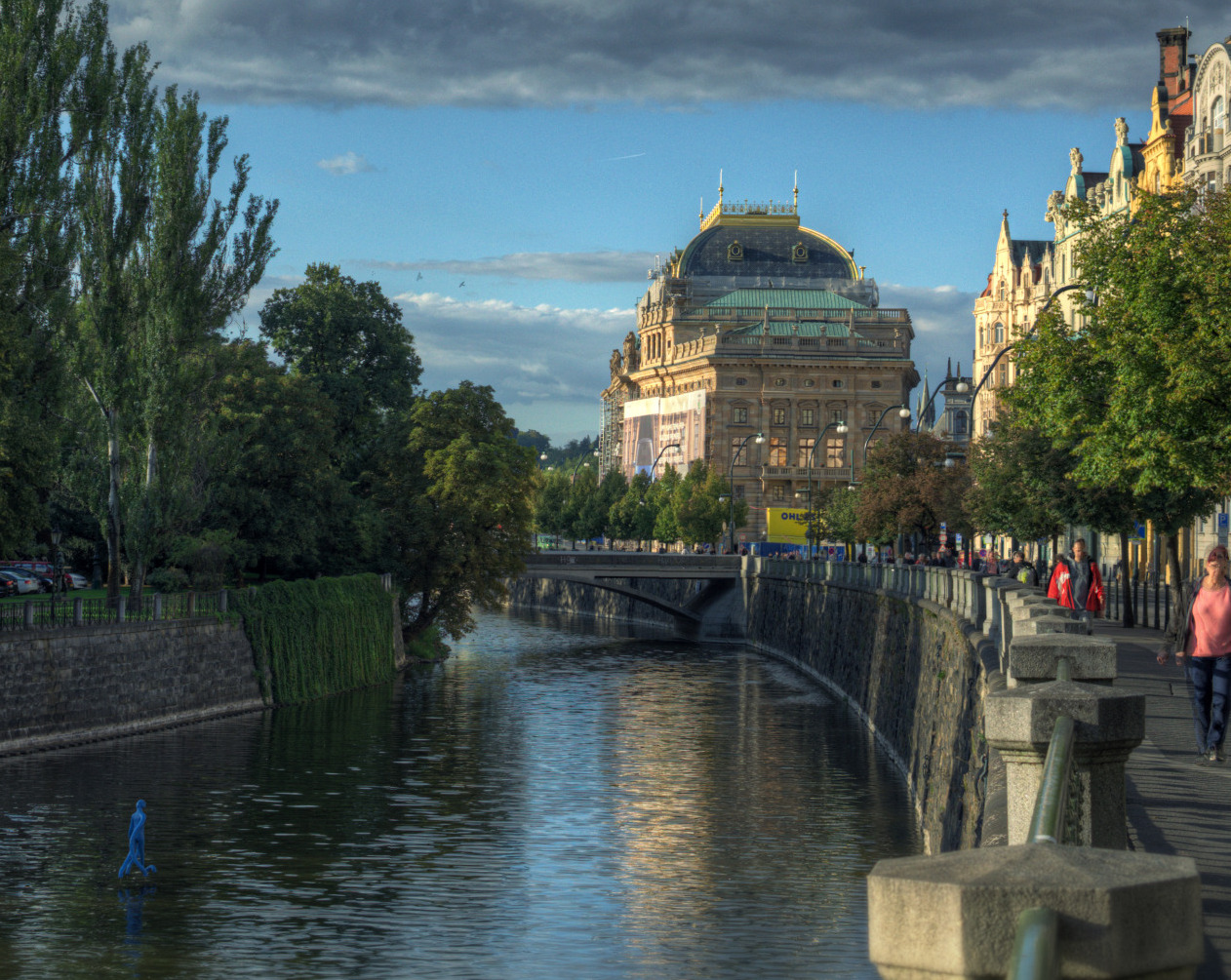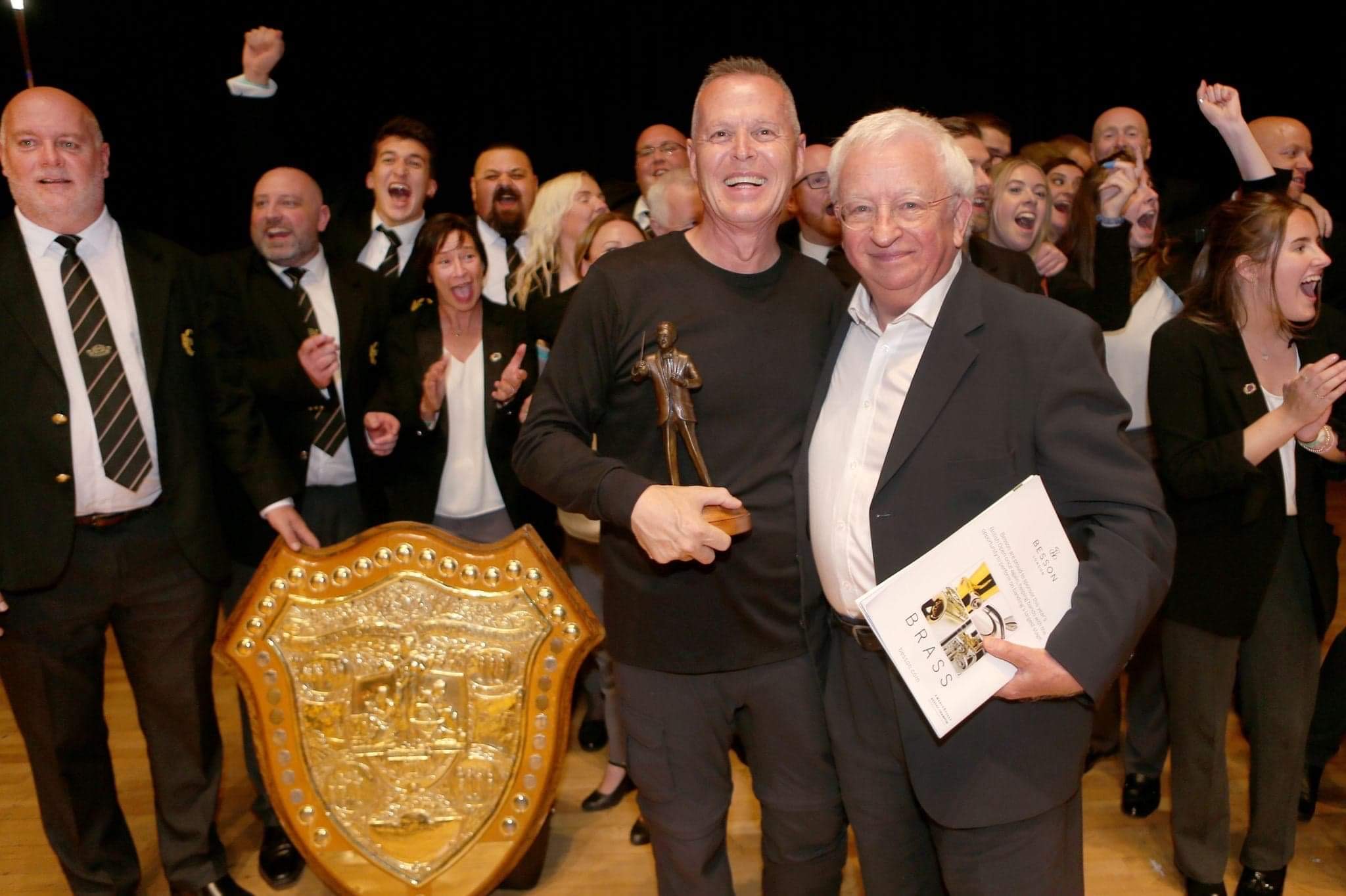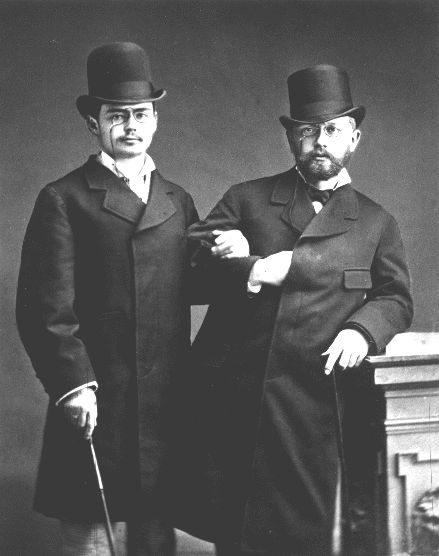|
1881 In Music
This article is about music-related events in 1881. Specific locations * 1881 in Icelandic music *1881 in Norwegian music Events *March 23 – A fire caused by a gas explosion destroys the Opéra de Nice in the south of France with fatalities. *February 10 – Offenbach's ''Tales of Hoffmann'' debuts in Paris *February 20 – Anton Bruckner's Symphony No. 4 is given its public premiere in Vienna under the baton of Hans Richter *June 11 – The National Theatre (Prague) receives a royal opening with the premiere of Smetana's opera ''Libuše'' (written 1871–72); however, a subsequent fire delays public opening for a further 2 years, when the same work reinaugurates the theatre *September 3 – Anton Bruckner completes his Symphony No. 6; it will not be performed complete during the composer's lifetime *November 9 – Johannes Brahms' Piano Concerto No. 2 is given its public premiere in Budapest *December 4 – Pyotr Ilyich Tchaikovsky's Violin Concerto is premiered in V ... [...More Info...] [...Related Items...] OR: [Wikipedia] [Google] [Baidu] |
National Theatre (Prague)
The National Theatre () is a historic opera house in Prague, Czech Republic. It is known as the alma mater of Czech opera, and as the national monument of Czech history and art. The National Theatre belongs to the most important Czech cultural institutions, with a rich artistic tradition, which helped to preserve and develop the most important features of the nation–the Czech language and a sense for a Czech musical and dramatic way of thinking. Today the National Theatre consists of three artistic ensembles: opera, ballet and drama. They alternate in their performances in the historic building of the National Theatre, in the State Opera, in the Estates Theatre and in the Kolowrat Theatre. All three artistic ensembles select their repertoire both from classical heritage, and modern authors. Initial design and construction, 1844 to 1881 The cornerstone of the National Theatre was laid on 16 May 1868, but the idea of building a theatre dates back to the autumn of 1844 at ... [...More Info...] [...Related Items...] OR: [Wikipedia] [Google] [Baidu] |
My Bonnie Lies Over The Ocean
"My Bonnie Lies over the Ocean", or simply "My Bonnie", is a traditional Scottish folk song and children’s song that is popular in Western culture. It is listed in Roud Folk Song Index as No. 1422. The song has been recorded by numerous artists since the beginning of the 20th century, and many parody versions also exist. The best known recording of the song may be a rock and roll version titled "My Bonnie" by Tony Sheridan and The Beatles, recorded in the first ever commercial recording session that featured The Beatles. The resulting single is generally regarded as the Beatles' first single. History Although the song's origin is uncertain, its original subject could be Charles Edward Stuart ('Bonnie Prince Charlie'): after the defeat of the Prince at the Battle of Culloden in 1746 and his subsequent exile, his Jacobitism, Jacobite supporters could have sung this song or one like it in his honour; and thanks to the ambiguity of the term "Bonnie", which can refer to a woman as we ... [...More Info...] [...Related Items...] OR: [Wikipedia] [Google] [Baidu] |
Francesco Paolo Tosti
Sir Francesco Paolo Tosti KCVO (9 April 1846, Ortona, Abruzzo2 December 1916, Rome) was an Italian composer and music teacher. Today, he is remembered mostly for his light-hearted songs, which are popular among vocal students. Life Francesco Paolo Tosti received most of his music education in his native Ortona, Italy, as well as the conservatory in Naples. Tosti began his music education at the Royal College of San Pietro a Majella at the age of eleven. He studied violin and composition with Saverio Mercadante, who became so impressed with Tosti that he appointed him a student teacher, which afforded the young man a meagre salary of sixty francs a month. Poor health forced Tosti to leave his studies and return home to Ortona. He was confined to his bed for several months. During this time he composed several songs, two of which he submitted to the Florentine Art Society, and two others he submitted for publication to Ricordi. All four were rejected.Ewen, David. ''Great Com ... [...More Info...] [...Related Items...] OR: [Wikipedia] [Google] [Baidu] |
Brighouse And Rastrick Brass Band
The Brighouse and Rastrick Brass Band is a British brass band formed in 1881. The band is based in Brighouse, in Calderdale, West Yorkshire, England. The band is known across the world, and is regarded by many as the best and most consistent "public subscription band" in the world. In 2022 the band were British Open champions, the Brass in Concert champions, and were voted 2022 4barsrest Band of the Year. The band are regarded as one of the finest brass bands in history, and are in high demand across the globe. History Throughout its history, the majority of premier band championships have been held by "Briggus", whilst the band has also attracted a formidable reputation for highly entertaining concerts for both the general public and brass band connoisseur. The band was formed over 140 years ago in 1881, through public donations given by the townsfolk of the adjacent villages of Brighouse and Rastrick, that face each other across the River Calder, West Yorkshire, River Calder ... [...More Info...] [...Related Items...] OR: [Wikipedia] [Google] [Baidu] |
Violin Concerto (Tchaikovsky)
The Violin Concerto in D major, Op. 35 was the only concerto for violin composed by Pyotr Ilyich Tchaikovsky. Composed in 1878, it is one of the best-known violin concertos. The concerto was composed in Clarens, Switzerland, where Tchaikovsky was recovering from the fallout of his ill-fated marriage. The concerto was influenced by Édouard Lalo's '' Symphonie espagnole'' and was composed with the help of Tchaikovsky's pupil and probable former lover, Iosif Kotek. Despite Tchaikovsky's original intention to dedicate the work to Kotek, he instead dedicated it to Leopold Auer due to societal pressures. Auer, however, refused to perform it, and the premiere was given by Adolph Brodsky in 1881 to mixed reviews. The piece, which Tchaikovsky later rededicated to Brodsky, has since become a staple of the violin repertoire. The concerto has three movements, is scored for solo violin and orchestra, and typically runs for about 35 minutes. History The piece was written in Clarens, Swit ... [...More Info...] [...Related Items...] OR: [Wikipedia] [Google] [Baidu] |
Pyotr Ilyich Tchaikovsky
Pyotr Ilyich Tchaikovsky ( ; 7 May 1840 – 6 November 1893) was a Russian composer during the Romantic period. He was the first Russian composer whose music made a lasting impression internationally. Tchaikovsky wrote some of the most popular concert and theatrical music in the classical repertoire, including the ballets '' Swan Lake'' and ''The Nutcracker'', the '' 1812 Overture'', his First Piano Concerto, Violin Concerto, the ''Romeo and Juliet'' Overture-Fantasy, several symphonies, and the opera ''Eugene Onegin''. Although musically precocious, Tchaikovsky was educated for a career as a civil servant as there was little opportunity for a musical career in Russia at the time and no public music education system. When an opportunity for such an education arose, he entered the nascent Saint Petersburg Conservatory, from which he graduated in 1865. The formal Western-oriented teaching Tchaikovsky received there set him apart from composers of the contemporary nationalist ... [...More Info...] [...Related Items...] OR: [Wikipedia] [Google] [Baidu] |
December 4
Events Pre-1600 * 771 – Austrasian king Carloman I dies, leaving his brother Charlemagne as sole king of the Frankish Kingdom. * 963 – The lay papal protonotary is elected pope and takes the name Leo VIII, being consecrated on 6 December after ordination. * 1110 – An army led by Baldwin I of Jerusalem and Sigurd the Crusader of Norway captures Sidon at the end of the First Crusade. * 1259 – Kings Louis IX of France and Henry III of England agree to the Treaty of Paris, in which Henry renounces his claims to French-controlled territory on continental Europe (including Normandy) in exchange for Louis withdrawing his support for English rebels. * 1563 – The final session of the Council of Trent is held nearly 18 years after the body held its first session on December 13, 1545. 1601–1900 * 1619 – Thirty-eight colonists arrive at Berkeley Hundred, Virginia. The group's charter proclaims that the day "be yearly and perpetually kept hol ... [...More Info...] [...Related Items...] OR: [Wikipedia] [Google] [Baidu] |
Budapest
Budapest is the Capital city, capital and List of cities and towns of Hungary, most populous city of Hungary. It is the List of cities in the European Union by population within city limits, tenth-largest city in the European Union by population within city limits and the List of cities and towns on the river Danube, second-largest city on the river Danube. The estimated population of the city in 2025 is 1,782,240. This includes the city's population and surrounding suburban areas, over a land area of about . Budapest, which is both a List of cities and towns of Hungary, city and Counties of Hungary, municipality, forms the centre of the Budapest metropolitan area, which has an area of and a population of 3,019,479. It is a primate city, constituting 33% of the population of Hungary. The history of Budapest began when an early Celts, Celtic settlement transformed into the Ancient Rome, Roman town of Aquincum, the capital of Pannonia Inferior, Lower Pannonia. The Hungarian p ... [...More Info...] [...Related Items...] OR: [Wikipedia] [Google] [Baidu] |
Piano Concerto No
A piano is a keyboard instrument that produces sound when its keys are depressed, activating an action mechanism where hammers strike strings. Modern pianos have a row of 88 black and white keys, tuned to a chromatic scale in equal temperament. A musician who specializes in piano is called a pianist. There are two main types of piano: the grand piano and the upright piano. The grand piano offers better sound and more precise key control, making it the preferred choice when space and budget allow. The grand piano is also considered a necessity in venues hosting skilled pianists. The upright piano is more commonly used because of its smaller size and lower cost. When a key is depressed, the strings inside are struck by felt-coated wooden hammers. The vibrations are transmitted through a bridge to a soundboard that amplifies the sound by coupling the acoustic energy to the air. When the key is released, a damper stops the string's vibration, ending the sound. Most not ... [...More Info...] [...Related Items...] OR: [Wikipedia] [Google] [Baidu] |
Johannes Brahms
Johannes Brahms (; ; 7 May 1833 – 3 April 1897) was a German composer, virtuoso pianist, and conductor of the mid-Romantic period (music), Romantic period. His music is noted for its rhythmic vitality and freer treatment of dissonance, often set within studied yet expressive contrapuntal textures. He adapted the traditional structures and techniques of a wide historical range of earlier composers. His includes four symphony, symphonies, four concertos, a Requiem, much chamber music, and hundreds of folk-song arrangements and , among other works for symphony orchestra, piano, organ, and choir. Born to a musical family in Hamburg, Brahms began composing and concertizing locally in his youth. He toured Central Europe as a pianist in his adulthood, premiering many of his own works and meeting Franz Liszt in Weimar. Brahms worked with Ede Reményi and Joseph Joachim, seeking Robert Schumann's approval through the latter. He gained both Robert and Clara Schumann's strong support ... [...More Info...] [...Related Items...] OR: [Wikipedia] [Google] [Baidu] |
November 9
Events Pre-1600 * 694 – At the Seventeenth Council of Toledo, Egica, a king of the Visigoths of Hispania, accuses Jews of aiding Muslims, sentencing all Jews to slavery. * 1180 – The Battle of Fujigawa: Minamoto forces (30,000 men) under Minamoto no Yoritomo defeat Taira no Koremori during a night attack near the Fuji River but he escapes safely with the routed army. *1277 – The Treaty of Aberconwy, a humiliating settlement forced on Llywelyn ap Gruffudd by King Edward I of England, brings a temporary end to the Welsh Wars. * 1307 – Knights Templar officer Hugues de Pairaud is forced to confess during the Trials of the Knights Templar. He was persecuted on the charges of false idolism and sodomy. * 1313 – Louis the Bavarian defeats his cousin Frederick I of Austria at the Battle of Gammelsdorf. * 1323 – Siege of Warangal: Prataparudra surrenders to Muhammad bin Tughlaq, officially marking the end of the Kakatiya dynasty. * 1330 &nda ... [...More Info...] [...Related Items...] OR: [Wikipedia] [Google] [Baidu] |







